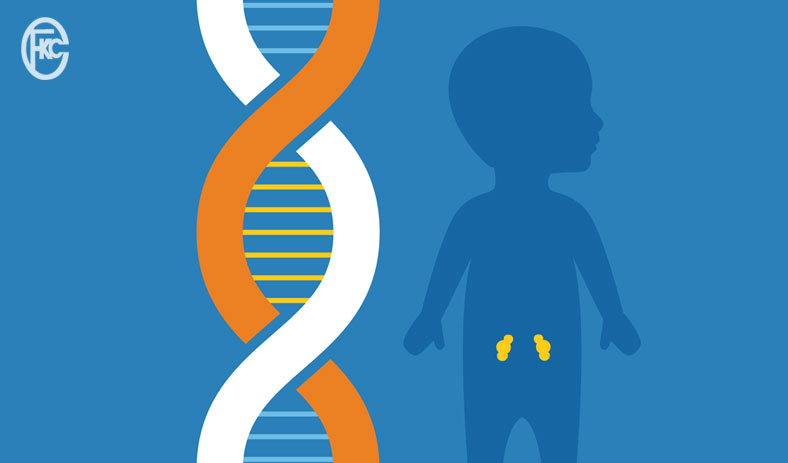
Pediatric kidney disease is a condition that affects the kidneys of infants, children, and adolescents. It can have a significant impact on growth and development, and can lead to serious health complications if not properly treated with the right Pediatric Kidney Disease Treatment at Central Florida Kidney Centers.
Pediatric kidney disease can also be classified as either acute or chronic. Acute kidney disease is usually a short-term condition that can occur due to an infection, injury, or other medical condition. It can often be treated and resolved with proper medical care. Chronic kidney disease, on the other hand, is a long-term condition that can cause permanent damage to the kidneys. It may be caused by a congenital condition or by an underlying medical condition such as diabetes or high blood pressure.
There are several types of pediatric kidney disease, including congenital kidney disease (present at birth), acquired kidney disease (developed later in life), and inherited kidney disease (passed down through families). The treatment for pediatric kidney disease will vary depending on the type and severity of the condition.
Here are some common treatments for pediatric kidney disease:
A pediatric nephrologist will work with the child and their family to develop a personalized treatment plan that takes into account the child's age, overall health, and specific needs.
Conclusion
In conclusion, pediatric kidney disease is a serious condition that can have a significant impact on growth and development. Treatment for pediatric kidney disease will vary depending on the type and severity of the condition and will include medications, dialysis, kidney transplant, lifestyle changes, close monitoring, growth and development support and supportive care. It is important for children with kidney disease to work closely with a pediatric nephrologist and healthcare team of pediatric surgery residency Florida of CFKC to ensure that they receive the best possible care and treatment.